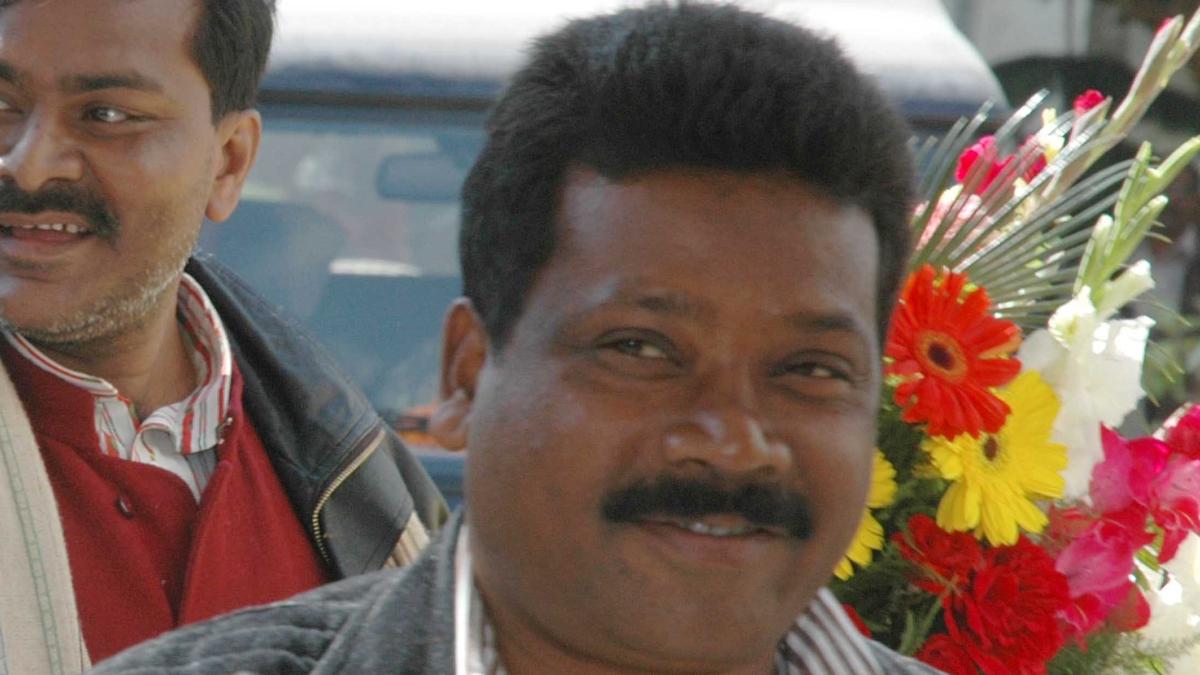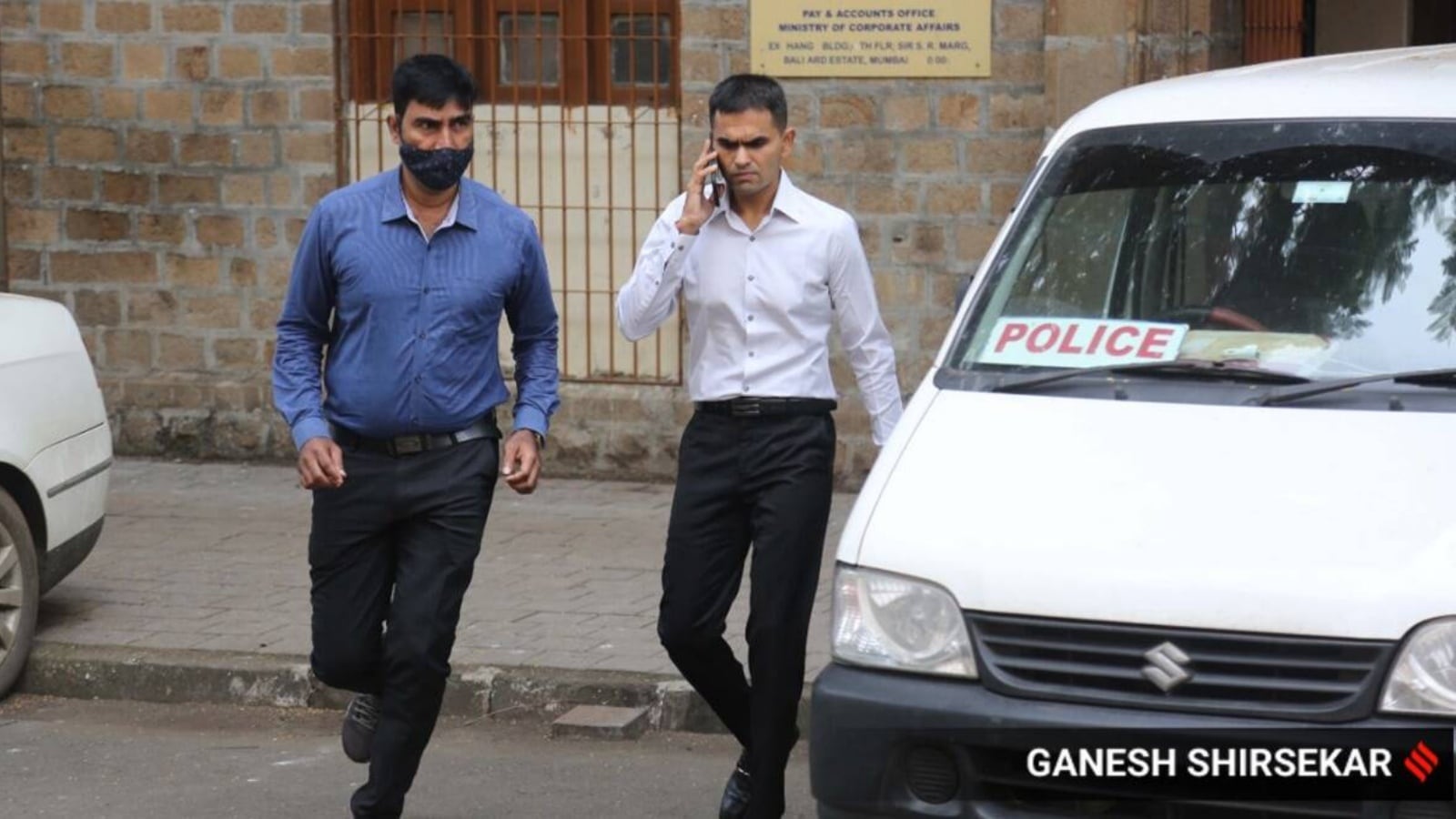The Andaman and Nicobar Islands administration made a false representation to the Centre claiming that rights of the tribal people under the Forest Rights Act, 2006, had been “identified and settled”, which eventually led to forest clearances being granted for the ₹72,000-crore mega infrastructure project on the Great Nicobar Islands, the Tribal Council of Little Nicobar and Great Nicobar has said in a complaint to the Minister of Tribal Affairs, Jual Oram.
Also Read | In forest rights push, Centre sanctions over 300 FRA cells to ‘facilitate’ implementation
The proposed Great Nicobar Island Project will include a transhipment port, an airport, a power plant, and a township. Local tribespeople had raised several concerns, including the diversion of nearly 13,075 hectares of forest land for the project and its impact on vulnerable groups.
Also Read | Great Nicobar project: Shipping Ministry proposes cruise terminal, high-end tourism infra
Soon after taking charge in 2024, Mr. Oram told The Hindu that his Ministry would look into the issues raised by them.
Earlier this year, the Minister said their concerns are “being examined”, without going into details of which aspect was specifically being looked at.
Certificate issued
“In the last two months, we have found that the administration in A&NI issued a certificate in 2022 saying the FRA rights were identified and settled and that the consent for diversion of forest land was taken only after this,” a member of the Tribal Council told The Hindu on Friday. The council is the key representative body of the Nicobarese people on the islands, and has been regularly interacting with the administration.
The council, in a letter to Mr. Oram dated July 21, clarified that it had not given its consent for the project. “We write to you to inform that the process of settlement of forest rights under the FRA has not even been initiated. Therefore, there is no question of forest rights being settled.” The council said it had recently been made aware of an August 2022 “certificate”, issued by the Deputy Commissioner of Nicobar District that claimed the opposite, and was thus seeking the Minister’s intervention.
According to this certificate issued on August 18, 2022, a copy of which was seen by The Hindu, the administration specifically claimed: “The complete process for identification and settlement of rights under the FRA has been carried out for the entire protected forest area of 121.87 sq. km and deemed forest of 8.8 sq. km falling under project of holistic development of Great Nicobar Islands.”
However, as reported by The Hindu earlier, the administration in A&NI has maintained before the Tribal Affairs Ministry in its monthly FRA progress reports that it need not implement the law on the islands as the forests there are already protected under the Protection of Aboriginal Tribes Act of 1956 (PAT56).
While the PAT56 gives the administrator of the islands full authority to divert forest land, the FRA requires such diversion to be made only after rights are first settled and then consent is taken from the Gram Sabhas concerned. It was not clear whether diversion of forest land for the project was made under the FRA or PAT56.
The infrastructure project on the island has been mired in controversy since it received preliminary clearances in 2022. Soon after the project was said to have secured the consent of local tribespeople, the Tribal Council of Little and Great Nicobar withdrew the consent it was said to have granted. The National Green Tribunal, and the National Commission for Scheduled Tribes had also subsequently flagged concerns over alleged violation consent procedures and the environmental impact of the project.
The Union Government has maintained that due process was followed in the forest clearances for the project. In the paperwork for the clearances seen by The Hindu, the administration called a special Gram Sabha meeting on August 12, 2022, for villagers of Laxminagar, Gandhi Nagar, and Campbell Bay panchayats, which passed a resolution consenting to the diversion of forest land.
Further, three days later, the Sub-Divisional Level Committee convened a meeting where a no-objection certificate (NOC) was obtained on behalf of the Shompen tribespeople, who were represented through the administration’s Andaman Adim Janjati Vikas Samiti (AAJVS).
In its letter, the Tribal Council went on to say, “The Gram Sabha that is said to have given consent for forest diversion did not involve the Nicobarese of Great Nicobar whose ancestral villages of Chingenh, In Haeng Loi, Pulo Baha, Kokeon, Pulo Pakka, and others will be affected by the proposed project.”
The council also said the consent of the Shompen, classified as a Particularly Vulnerable Tribal Group, cannot be obtained through an officer of the AAJVS.
‘Exploring other options’
The member who spoke to The Hindu on condition of anonymity said, “We are hoping and waiting for the Minister to reply to our complaint. If it does not come we will see what other options are available to us.” The member said the council’s complaint was marked delivered by the post office on July 30, adding that it had also sent an email to Mr. Oram’s office about it but was yet to receive a response or acknowledgement.
Multiple attempts to reach the Office of the Minister, and senior officials of the Ministry have not yet elicited a response.
In their letter to the Minister of Tribal Affairs, the Tribal Council has further said that multiple representations were made to the authorities concerned about the council withdrawing its consent but to no avail.
In requesting for the Minister’s intervention to protect the “rights, tradition, culture, and forests” of the Nicobarese and Shompen, the council stated that “we don’t want the proposed project” to be anywhere in Tribal reserve area or areas the Shompen use.



.png)
.png)
.png)
















 1 week ago
10
1 week ago
10









 English (US) ·
English (US) ·